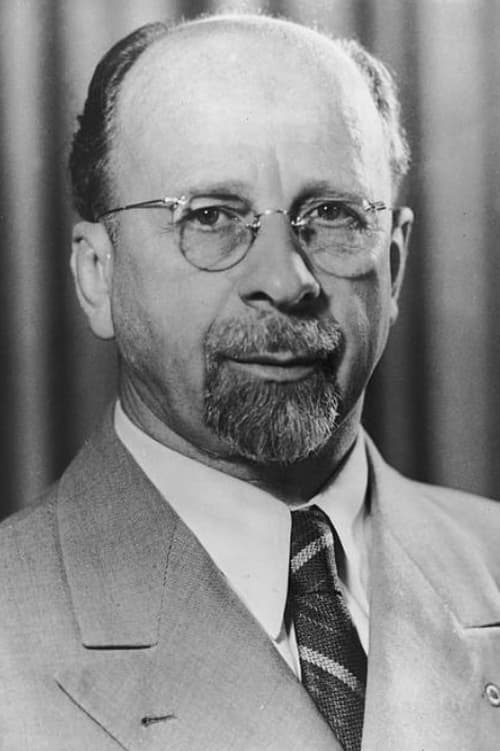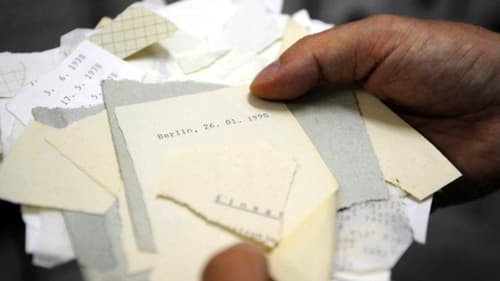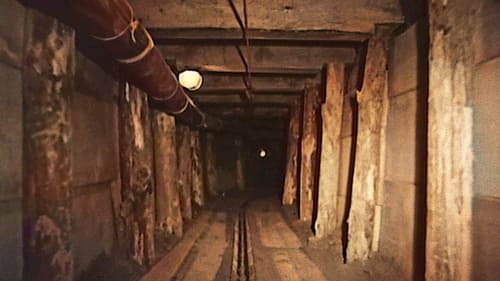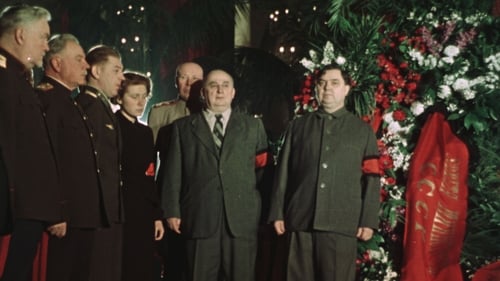Walter Ulbricht
출생 : 1893-06-30, Leipzig, Germany
사망 : 1973-08-01
약력
Walter Ernst Paul Ulbricht (30 June 1893 – 1 August 1973) was a German communist politician. Ulbricht played a leading role in the creation of the Weimar-era Communist Party of Germany (KPD) and later (after spending the years of Nazi rule in exile in France and the Soviet Union) in the early development and establishment of the German Democratic Republic in East Germany. As the First Secretary of the Socialist Unity Party from 1950 to 1971, he was the chief decision-maker in East Germany. From President Wilhelm Pieck's death in 1960 on, he was also the East German head of state until his own death in 1973. As the firm leader of the strongest and most important Soviet satellite, Ulbricht had a degree of bargaining power with the Kremlin that he used effectively. For example he demanded the building of the Berlin Wall in 1961 when the Kremlin was reluctant.
Description above from the Wikipedia article Walter Ulbricht, licensed under CC-BY-SA, full list of contributors on Wikipedia.





